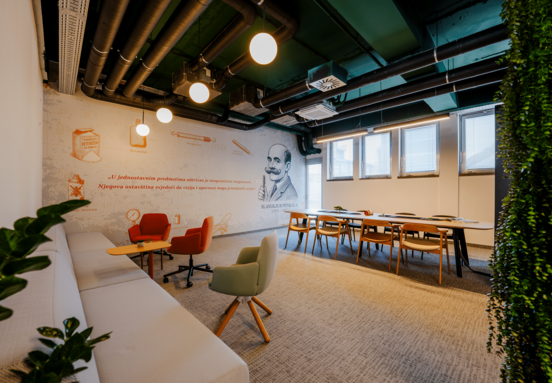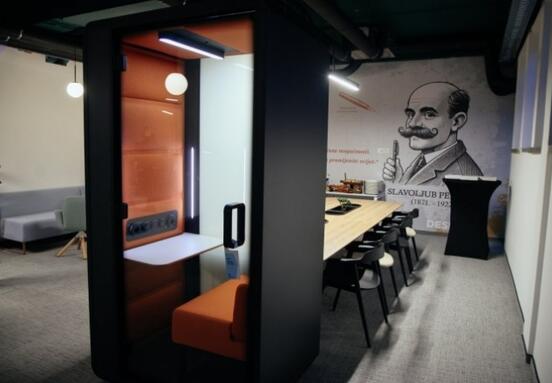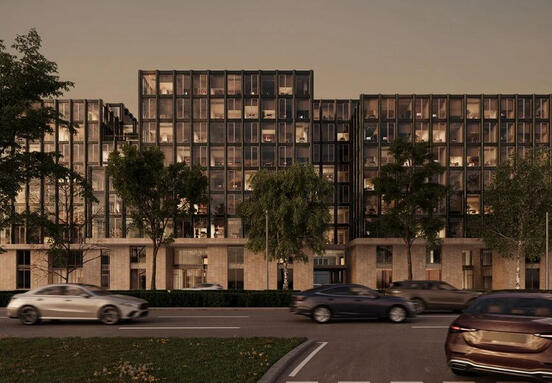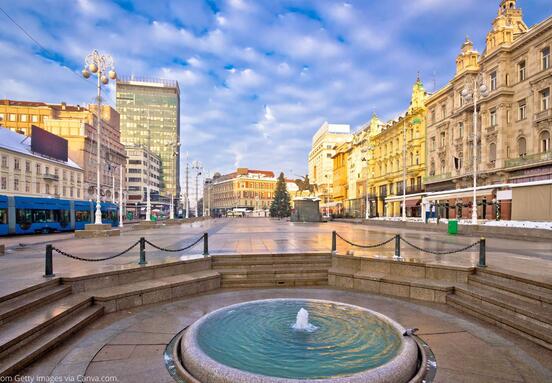Petar Filipić, professor emeritus from the Faculty of Economics in Split, dealt with the obsession of Croats with property in the book Economic Paradoxes.
"Driven by cheap privatization, low interest rates on loans, low tax rates, pronounced apartmentization and increased demand for apartments from abroad, ownership has increased in value. Those who own, own quite a household, 1.53 apartments. It could be said, on the scene is a kind of occupation with property ", said Filipić.
Obsession with property is a characteristic of the citizens of Central and Eastern European countries. Thus, in Romania, Hungary, Slovakia and Lithuania, the percentage of homeowners exceeds 90 percent. On the other hand, in developed countries, that percentage is below 70 percent. There are two most important reasons why this is so.
"The first issue is the direction of savings. In Western countries, savings are much more directed to productive investments than to apartments, and second, there is greater mobility of employees," Filipic explained.
This is exactly the opposite of what we have in Croatia.
"It can be stated that apartments and houses are treated both as places to live and as piggy banks where savings are placed. Two things are mixed: living and investing," the professor explained.
There should be no dilemma for the creators
Mixing living and investing has economic consequences. One of them is that no one wants to invest in a business and pay income tax when they can buy a house or an apartment and pay a minimum tax on it. But in this way money bypasses the manufacturing economy that creates jobs. But that, unfortunately, is not the only consequence of excessive ownership. It also affects labor mobility and thus unemployment.
"Because homeowners are more fixed on location, it has adverse effects on unemployment. Selling real estate and moving is expensive. Because homeowners who live in them are less mobile than those who rent apartments, they are more vulnerable to economic shocks in their regions. ", said Filipic.
This points to the conclusion that those countries that have a faster growth of tenant owners also have a faster growth of unemployment. Ownership also has negative consequences for the environment because apartment owners are transported to work more often and at much greater distances, warns Professor Filipić. It also negatively affects investments.
"The 'not in my backyard' mentality is more prevalent among homeowners than renters. Numerous examples confirm that in areas with a high share of owner-occupied housing, entrepreneurs face numerous obstacles in their efforts to organize new activities, new businesses and, finally, new jobs. places, ”he explained.
When all the consequences that come with excessive ownership are taken into account, it is clear that we and all the mighty squares do not make us rich.
"In countries with a higher percentage of apartment owners living in these apartments, the level of domestic product per capita is lower," Filipic said.
There should therefore be no dilemma for economic policy makers. If we want greater economic growth, we must encourage investment in entrepreneurial ventures, and discourage the purchase of an apartment. The state could do that in various ways, including tax policies.
"Let's say that the rate on capital gains for apartments and houses tends to the one on business investments, that number from Switzerland of 41.42 percent of apartment owners is not accidental. There are no preferential property taxes in Switzerland," said Filipic.
Source: Dnevnik.hr







